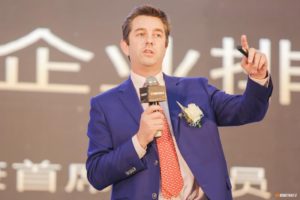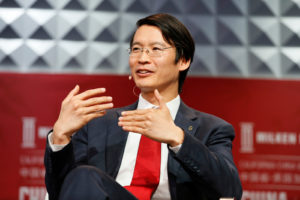
China counts more than 1,000 billionaires in US dollar terms, overtaking solidly the US, according to the Hurun Rich List ranking. “We’re currently in the heart of a new industrial revolution, with new technologies including artificial intelligence, blockchain, cloud, data and e-commerce creating new opportunities for entrepreneurs and leading to a concentration of wealth and economic power on a scale never seen before,” said Hurun Report Chairman and chief researcher Rupert Hoogewerf, according to Shine.
Shine:
China has the world’s most billionaires — more than the United States, India and Germany combined — due to a flurry of new initial public offerings and the booming digital economy over the past year despite the pandemic, according to the latest Hurun rankings.
The combined wealth of billionaires in China is US$4.5 trillion, up 73 percent from last year.
China currently has 1,058 billionaires, up 259 from a year ago and far surpassing America’s 696 billionaires.
According to the Hurun rankings, the number of billionaires in China began to overtake the US in 2016.
“We’re currently in the heart of a new industrial revolution, with new technologies including artificial intelligence, blockchain, cloud, data and e-commerce creating new opportunities for entrepreneurs and leading to a concentration of wealth and economic power on a scale never seen before,” said Hurun Report Chairman and Chief researcher Rupert Hoogewerf. “Despite the disruption caused by COVID-19, this year has seen the biggest wealth increase in the last decade.”
China is the first country in the world to have more than 1,000 billionaires.
Rupert Hoogewerf is a speaker at the China Speakers Bureau. Do you need him at your (online) meeting or conference, do get in touch or fill in our speakers’ request form.
Are you looking for more strategic experts at the China Speakers Bureau? Do check out this list.


















